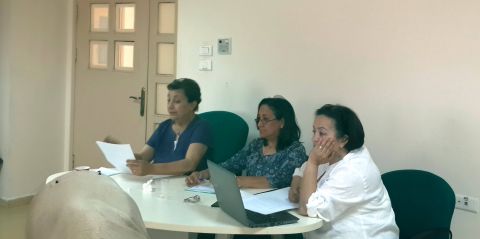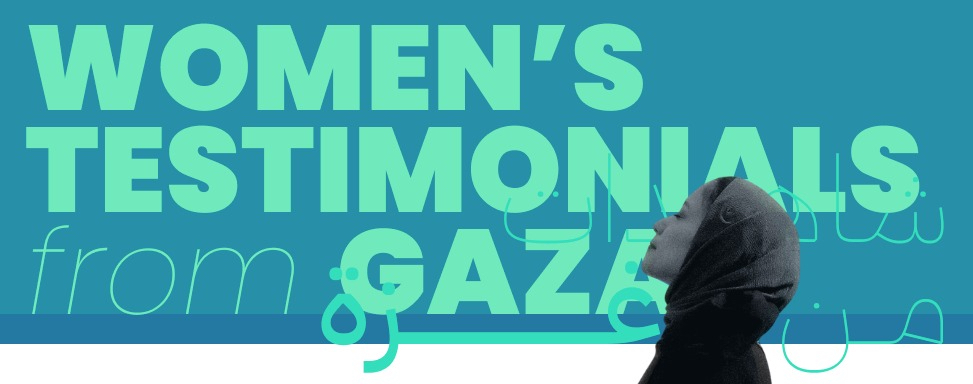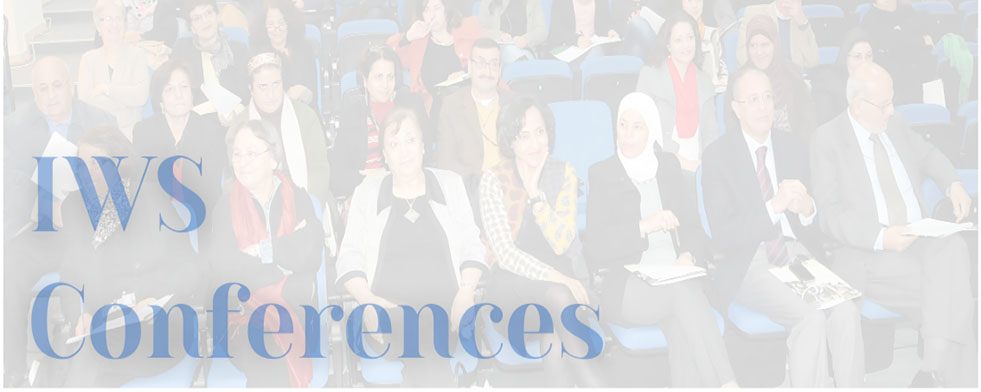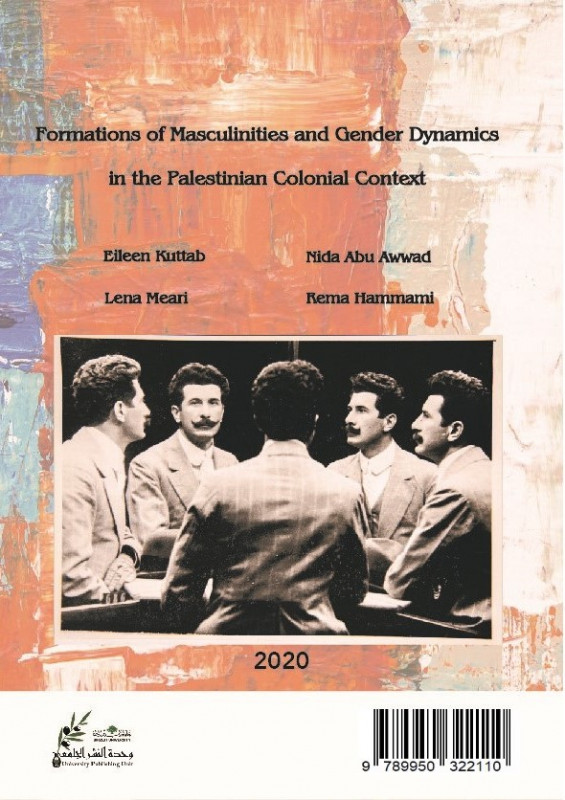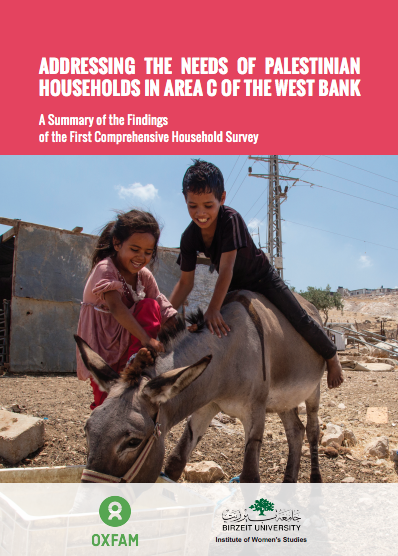On 20 May 2015, the Institute of Women's Studies at Birzeit University, in cooperation with the German Friedrich Ebert Foundation, held a workshop to discuss a study issued by the Palestine Economic Policy Research Institute (MAS), "Evaluation of compliance with the minimum wage in the northern provinces (the West Bank)," conducted by researcher Bilal Falah. In his study, the researcher addressed the mechanisms determining the minimum wage and to what extent the minimum wage is applied in the West Bank. He discussed the underlying causes behind weak implementation and reviewed a set of recommendations that, if implemented, should promote compliance with the minimum wage decision.
Director of the Institute of Women's Studies Eileen Kuttab noted that the concept of the minimum wage was one of the mechanisms brought in by capitalism to mitigate class differentiation which led to increasing social polarization and economic alienation due to the adoption of the market as a model for “development” on the global level and in Palestine, as the policies have been based on growth rather than on development or sustainable development. Kuttab said that in the Palestinian context, after the Oslo agreement, liberal economic policies that rely on market-based economy have been adopted that serve the interests of some capitalists rather than aiming at a development that can be positively reflected on the majority of the segments of society, as these policies ignore the fact that we are under occupation and going through a period of national liberation.
Kuttab considered that the minimum wage disguises the Palestinian economy that is a distorted structure dependent on the Israeli colonial economy, marginalizing the productive sectors, particularly agriculture that should be the priority since it plays an important role in promoting Palestinian’s steadfastness. She questioned the efficacy of enforcing the minimum wage decision and to what extent it could achieve social justice under the prevailing socio-economic system relying on a market economy that excludes and marginalizes a large number of workers, especially young people and women. How can the minimum wage alleviate poverty when it is very low, as in the case in Palestine, and does not even meet the basic needs of the poeple? Who defines and how are the basic needs of the working class defined? To what extent can this decision improve the conditions of working women where the prevailing market discriminates against women and where in a patriarchal social system women represent an unstable reserve workforce that is reduced to feminized economic activities. On the other hand, Kuttab considered that the minimum wage can be one of the strategic tools to confront the distorting effects and modify some of gender-based imbalances of the labour market.
Dr. Nida Abu Awwad, faculty member in the Institute of Women's Studies, analyzed Palestinian women’s situation in the labour market and focused on the link between the minimum wage decision and between the gender division of labour. She said that women are, in general, at the lowest level of the carrier ladder of the formal economy and thus at the lowest level of the wage scale, compared to men, and they are in the informal economy at high rates, considering that the informal economy does not guarantee even the minimum wage. Abu Awwad considered that enforcing the minimum wage decision could help improve the situation of women, theoretically at least, considering that about one-third of working women get paid lower wages than the approved minimum wage. Abu Awwad concluded that applying the minimum wage decision in the case of women could be more difficult than in the case of men due to obstacles related to society and the economic structure and because of the fact that a large part of women are marginalized and cannot benefit from the decision as they are not included in the labour law.
Rula Abu Duho, faculty member in the Institute of Women's Studies, stressed that besides sex (male/female), the statistics in the study included class, geographic intersections, and employment sectors. This is one of the study’s strengths as it situated women’s position in the labour market and strongly confirmed that women are actually on the lowest level of the carrier ladder and in marginalized sectors. Abu Duho noted that the weakness of the study was its lack of criticality in relation to the economic context, specifically when speaking about a Palestinian dependent and marginalized economy and about an unstable labour market in light of the colonial situation in which we live. She questioned the seriousness of the minimum wage decision considering the fact that both the formal and public sectors were represented equally in labour unions while the interests of both sides were not equal in reality. She found the study determinants problematic being limited to the West bank and excluding the Israeli labour market as well as the labour market in Gaza where women’s situation was worse. Abu Duho questioned to what extent the unions represent the rights of the workers, especially when speaking about gender and she concluded that implementing the minimum wage system, in spite of the problems that surround it, is positive and represents a form of protection for women in the Palestinian case.
At the end of the workshop, participants discussed the mechanisms of applying the minimum wage decision and how to deal with its violations. Among the recommendations was promoting partnership and integration between social partners, raising awareness among employers and employees, organizing lobbying groups that provide community protection for the marginalized people, and enforcing wages to be paid via checks rather than in cash.

